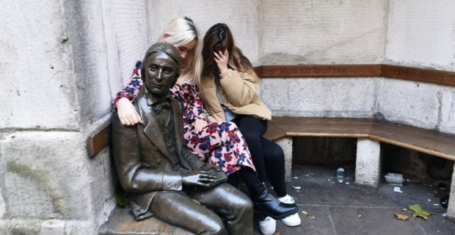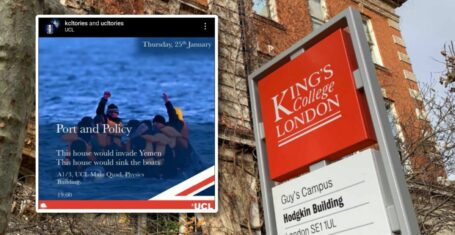
Everything you need to know about Citymapper’s new travelcard
The pass includes unlimited travel in Zones One and Two for £31 a week
The British transport startup Citymapper, well known for being better than Google Maps, is launching a private sector to rival the Oyster card, offering unlimited travel in the capital's centre. The travel card will cost approximately £4.10 less per week than Transport for London's card.
Where does the pass let you go?
The Citymapper Pass will allow unlimited travel in Zones One and Two and unlimited bus rides throughout the whole city.
What does it let you use?
According to the Website: "Our Pass on day 1 will be cover public transport, cycles (Santander’s docked scheme) and cabs (our Citymapper Ride service). Over time we will add other modes and partners such as additional cycle and cab services, car sharing, scooters and well… Whatever else gets invented next."
How much cheaper is it?
The pass works on subscriptions £31 a week rather than £35.10 that TfL charges. So basically, the Citymapper Pass will give you everything your TfL Oyster Card does but for £4.10 cheaper each week.
When will it be released?
Citymapper Pass will launch in March/April 2019.
Is there a catch?
Twitter users have pointed out the app doesn't explicitly tell users what will happen if they travel outside Zone Two. Others have noticed there is a hidden weekly fee if users pause their subscription.
If you get to the end of the application process, you'll be met with a list of Terms and Conditions, which tells users if they pause their application they'll be "subject to a £2 fee per week, which will be charged to you payment card, and because you may pause only one week at a time, you must repeatedly pause in the Citymapper app if you wish to pause for more than one week."
What did Citymapper Say?
On their website, their blogpost reads: "Cities are complicated. Our mission has been to simplify them. We've solved (and are still improving) many hard problems in urban mobility: Multimodal routing to help with directions, a data factory that fixes open data so users can get accurate information, and a myriad of product features solve everyday use cases.
"But we've always been missing something: ticketing and payment integration so that we can help users with the complete experience."









































